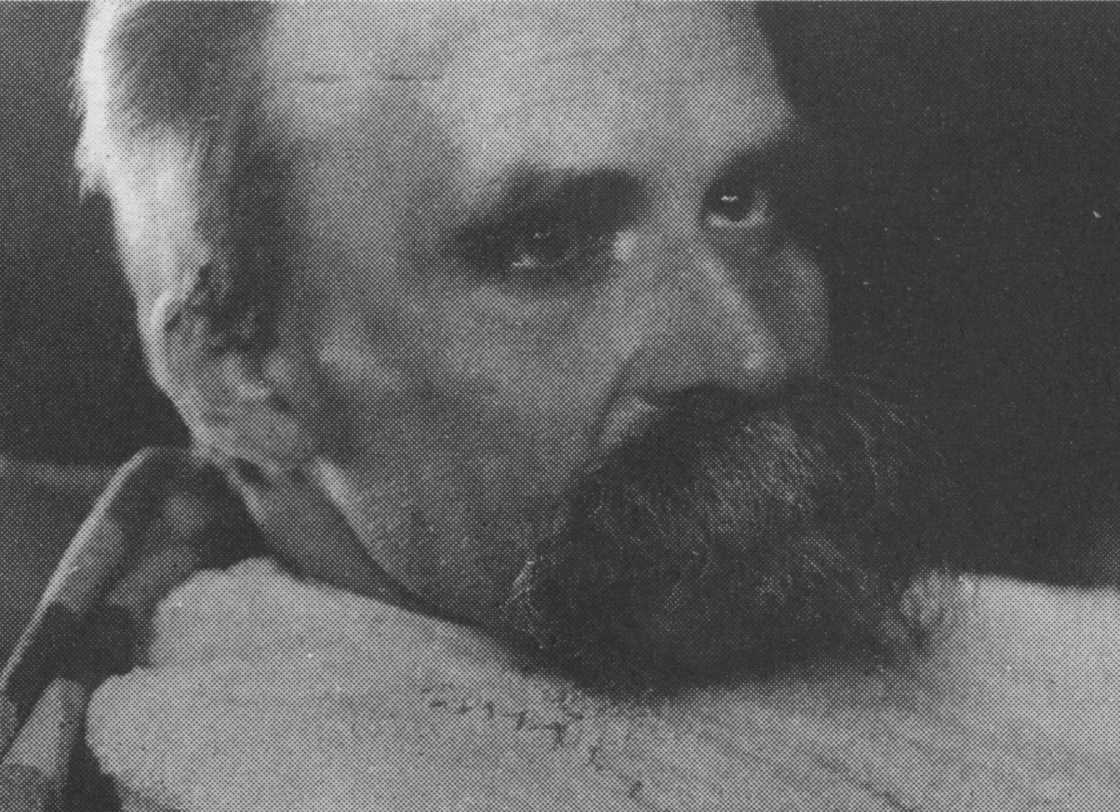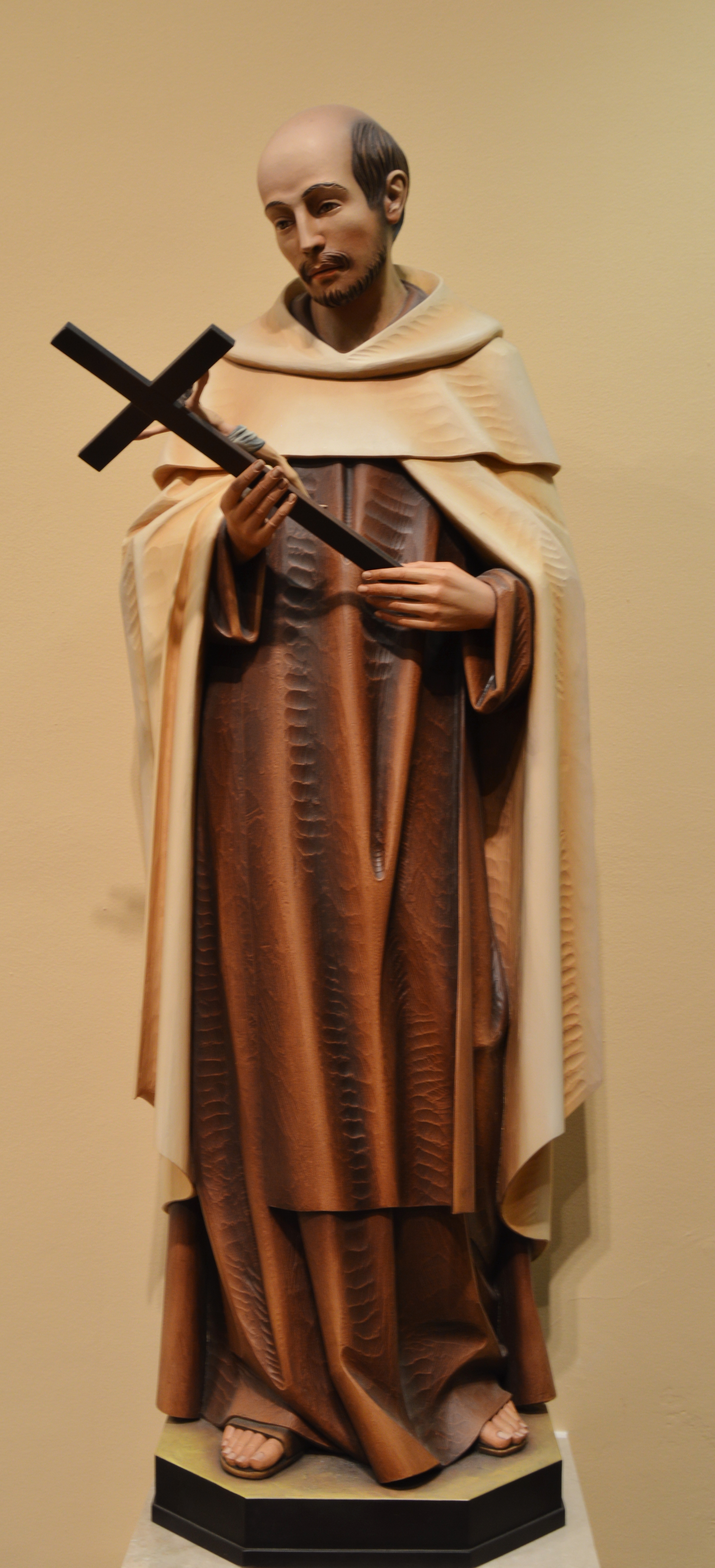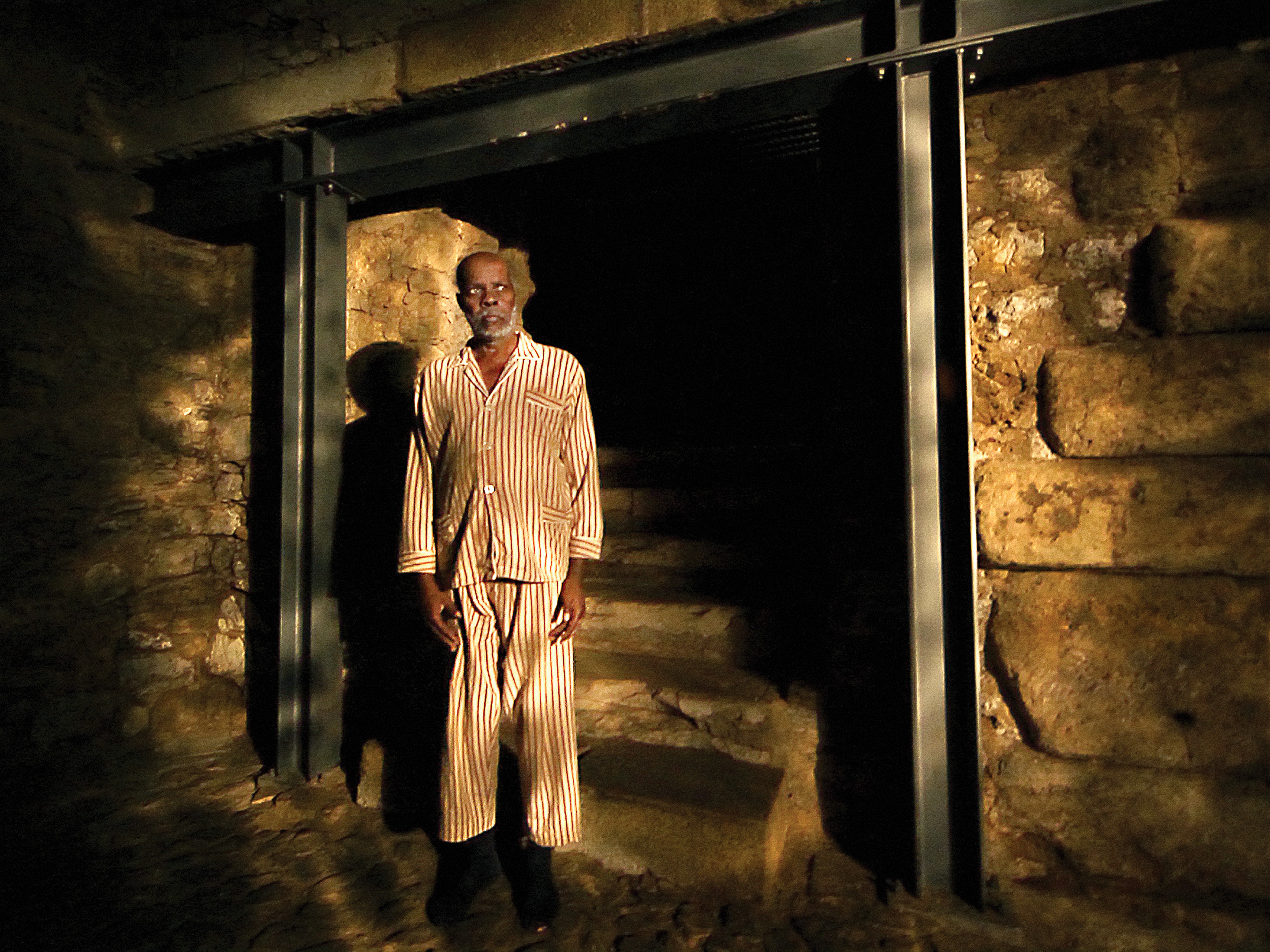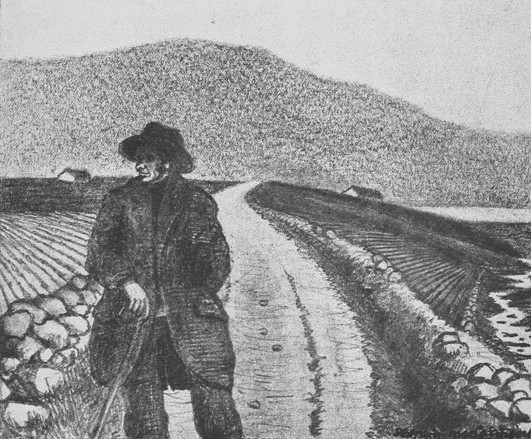…contemplation requires, on the one hand (since it is an utterly interior life), that we be loving spouses, formed under the direct tutelage of Jesus Himself; and the other hand, that we be pupils in a school, disciples of the magisterium; hence our contemplative life must develop in a society. This is very mysterious: God wants us in intimate relationship, which would seem to obviate any intermediary…yet this heart-to-heart intimacy has to be lived in a society of which we must be disciples. This is a mystery difficult to accept. It is the “yoke of faith” of which St Paul speaks, a veritable participation in the death of Our Lord. Our intelligence has to be crucified if it is to yield to the demands of love. –Father Thomas Philippe ‘The Contemplative Life’
Tossing in a bit of humor, I recall a common comment of Father David Mary. He would mock the statement made by many free thinkers, individuals believing themselves to be of a rarefied open mind able to embrace a spirituality of diversity and inclusiveness–a superior mind wrapping itself around all forms of spiritual thought, philosophy, psychology, and creative genius–the remark is often made that as an enlightened individual they did not subscribe to organized religion. Father David Mary would respond with the remark, ‘so in rejecting organized religion, are you making the statement you desire an unorganized religion’. It is funny, yet even more penetrating. Submitting to the magisterium of the Church, creates an emptiness allowing for proper purification and thus illumination. It is truly a blessing, a path to sanity. Keep in mind it is not just intellectual free thinkers adhering strictly to their mandates made upon truth. Many Catholics never truly submit to the Church. I know many extremely devout Catholics who will never deeply acquiesce to anything not of their controlling. Their Catholicism is one in which they rule over the Church. Their Catholicism is one in which they are a Church authority. Their Catholicism is one in which they rule over others. It can be no other way for a multitude who give their lives over to the pursuit of an extraordinary faith. The further we go in effort and devotion to the Church, the narrower the road becomes. An insidious evil, destructive and confrontational, brews where many believe a greater faith abides. What the devout controlling Catholic determines the Church to be is their weapon against the secular world and the Church itself. Such a dominating individual rallies against religious orders and fellow Catholics not falling into line with their point of view. I recall a statement by someone, I cannot recall who, said that the Church is truly most efficient when it disagrees with me. When my strongest beliefs conflict with the magisterium of the Church that is when the Church is most important for me. It is not about correcting a single point of contention. It is not about being right or wrong. It is about surrendering, truly the crucifying of our intelligence as Father Philippe so keenly states matters. We purify, emptying and cleansing, in order to allow God to illuminate.
Vanity of vanities
G.K. Chesterton said that the maniac was the man with the idea that he can explain everything. He is the completely rational man for whom everything made sense in terms of his ideas. It does no good to tell the man who thinks that he is Napoleon that he is not Napoleon. For if he were Napoleon and someone told him that he was not, he would be certain that the other person, not himself, was mad, since he knows he is Napoleon. The madman sees himself first and everything else in terms of himself.

In Walter Kaufmann’s chronology of Nietzsche’s life, under 1889, it states briefly, that “Nietzsche becomes insane early in January in Turin.”
“Whoever fights monsters should see to it that in the process he does not become a monster. And if you gaze long enough into an abyss, the abyss will gaze back into you.” ― Friedrich Nietzsche





Recent Comments